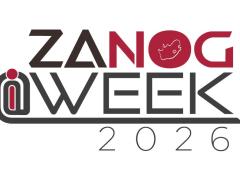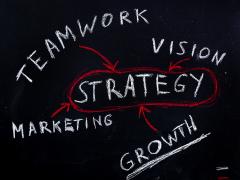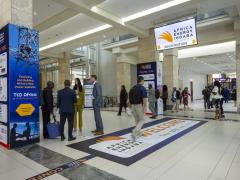Ralph Berndt, Head of Sales and Marketing at inq. South Africa, unpacks the skills shortage in South African tech and the untapped resource that could address it.

If you ask any South African tech leader what keeps them up at night, chances are the answer will not just be the country’s unreliable energy grid or regulations. You can add skills to that list as well. Or more precisely, the lack thereof. As businesses push ahead with digital transformation, the demand for specialised IT skills has never been higher. Yet at the same time, thousands of qualified young South Africans remain locked out of the formal economy.
We are seeing this contradiction up close. On one hand, we are building intelligent edge solutions, deploying software-defined networks, and enabling real-time business intelligence across sectors. On the other, we are hiring and finding it increasingly difficult to source candidates with the right blend of technical expertise and applied experience.
Skills like cybersecurity, cloud architecture, and data science are the foundations of the modern enterprise. Roles like Security Analysts and Data Scientists have become critical as organisations try to navigate sprawling digital environments and growing cyber threats. But beyond the technical know-how, what we are really looking for are professionals who can work across domains, those who can understand how cloud, network, and security functions interact, and how to deliver business outcomes in real-world settings.
Workplace experience
This is where the gap starts to show.
Many graduates entering the market today have a solid theoretical grounding, but they often lack practical exposure to enterprise-grade technologies. The result is a work readiness gap. It is not that these young professionals are not smart or capable. It is that they have not had enough opportunities to apply their skills in live, high-pressure environments.
This is not a uniquely South African problem. But in a country where youth unemployment is alarmingly high and digital transformation is essential for economic competitiveness, the disconnect is particularly urgent.
To mitigate against this, we have taken an active approach. Our internship programme does not just tick boxes. It immerses young professionals in real client projects across cloud, cybersecurity, and networking. These are not shadow roles or hypothetical case studies. Our interns contribute meaningfully from day one, gaining experience that builds both confidence and capability.
Looking ahead, we are also preparing to roll out expanded youth development initiatives, including participation in South Africa’s B-BBEE YES programme and a formal graduate intake. These efforts reflect our long-term commitment to helping young talent enter and thrive in the tech sector.
Guidance
We have also found that mentorship is key. Pairing emerging talent with seasoned engineers and business leads creates a learning loop that benefits both parties. It ensures that institutional knowledge is passed on, and it challenges our senior team to keep learning too.
Of course, we cannot do it alone. There are valuable efforts underway at the national level. For example, SETAs, industry bodies, and public-private partnerships are all playing a role. But if we want to create a tech ecosystem that is truly inclusive and future-fit, the private sector needs to step up with urgency and intent.
This means more than just hiring interns. It means investing in skills development with a long-term view. It means designing roles that stretch and develop young professionals. And it means creating a culture where continuous learning is embedded in how we work.
Confidence in work
We believe that African innovation can compete on a global stage. But it starts with building a skills pipeline that is not just competent, but confident. By backing young talent with real opportunities and support, we lay the foundation for a stronger, smarter, and more connected digital economy.
And if we get that right, the question will not be whether we have enough skills to meet demand. It will be how far South African innovation can go.














